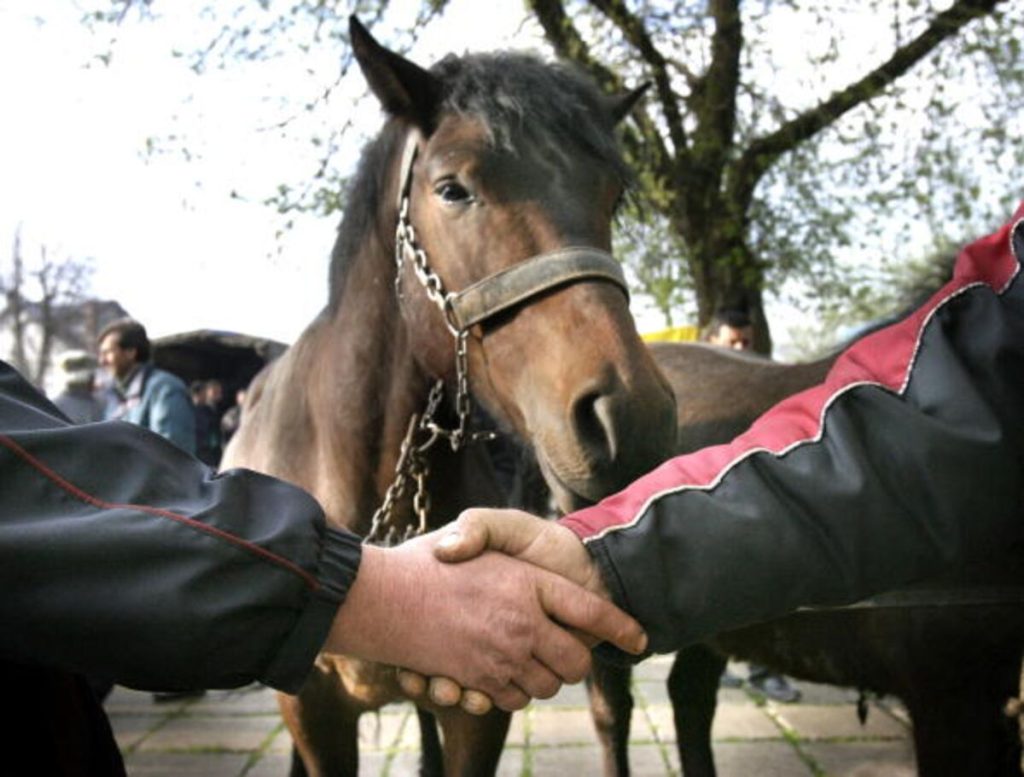Current Context:
The “business of horse-trading” was strongly disapproved of by the Supreme Court during the Chandigarh mayoral elections.
What is horse trading:
- Horse trading, a term borrowed from the world of commerce, has become synonymous with the murky dealings in Indian politics. It refers to the unethical practice of buying and selling legislators’ loyalties for personal or political gain.
- This article delves into the historical context, challenges posed by horse trading, and potential solutions to curb this menace.
Historical Context:
- Horse trading has deep roots in Indian politics, dating back to the mid-1960s. During this period, political defections were rampant, and legislators frequently switched allegiances to help rivals form governments.
- The infamous phrase “Aaya Ram, Gaya Ram” emerged when a legislator, Gaya Lal, changed parties’ multiple times within a matter of days, causing a political uproar.
Challenges Posed by Horse Trading:
- Erosion of Democratic Values: Horse trading undermines the democratic process by allowing elected representatives to disregard party ideologies and mandates. It erodes public trust in the political system.
- Instability: Frequent defections destabilize governments, leading to frequent changes in leadership. This hampers governance and policy implementation.
- Corruption: Horse trading involves bribes, promises of ministerial positions, and other inducements. It perpetuates corruption and compromises the integrity of legislators.
Legal Framework
India has enacted laws to address the issue of defections and horse trading:
- Anti-Defection Law (Tenth Schedule): Introduced in 1985, this law disqualifies legislators who defect from their party. However, its effectiveness remains debatable.
- Voluntary Resignation: The Supreme Court has clarified that voluntary resignation from party membership can also lead to disqualification.
Solutions
- Strengthening Anti-Defection Provisions: The Anti-Defection Law needs stricter enforcement. Political parties should take internal disciplinary action against defectors.
- Transparency and Accountability: Public disclosure of legislators’ financial interests, assets, and affiliations can deter horse trading. A transparent political funding system is crucial.
- Educating Voters: Creating awareness among voters about the impact of defections and the importance of stable governments can empower them to make informed choices.
Conclusion
Horse trading remains a stain on Indian democracy. Addressing this issue requires collective efforts from lawmakers, political parties, and citizens. Only then can we ensure a cleaner, more accountable political landscape.

